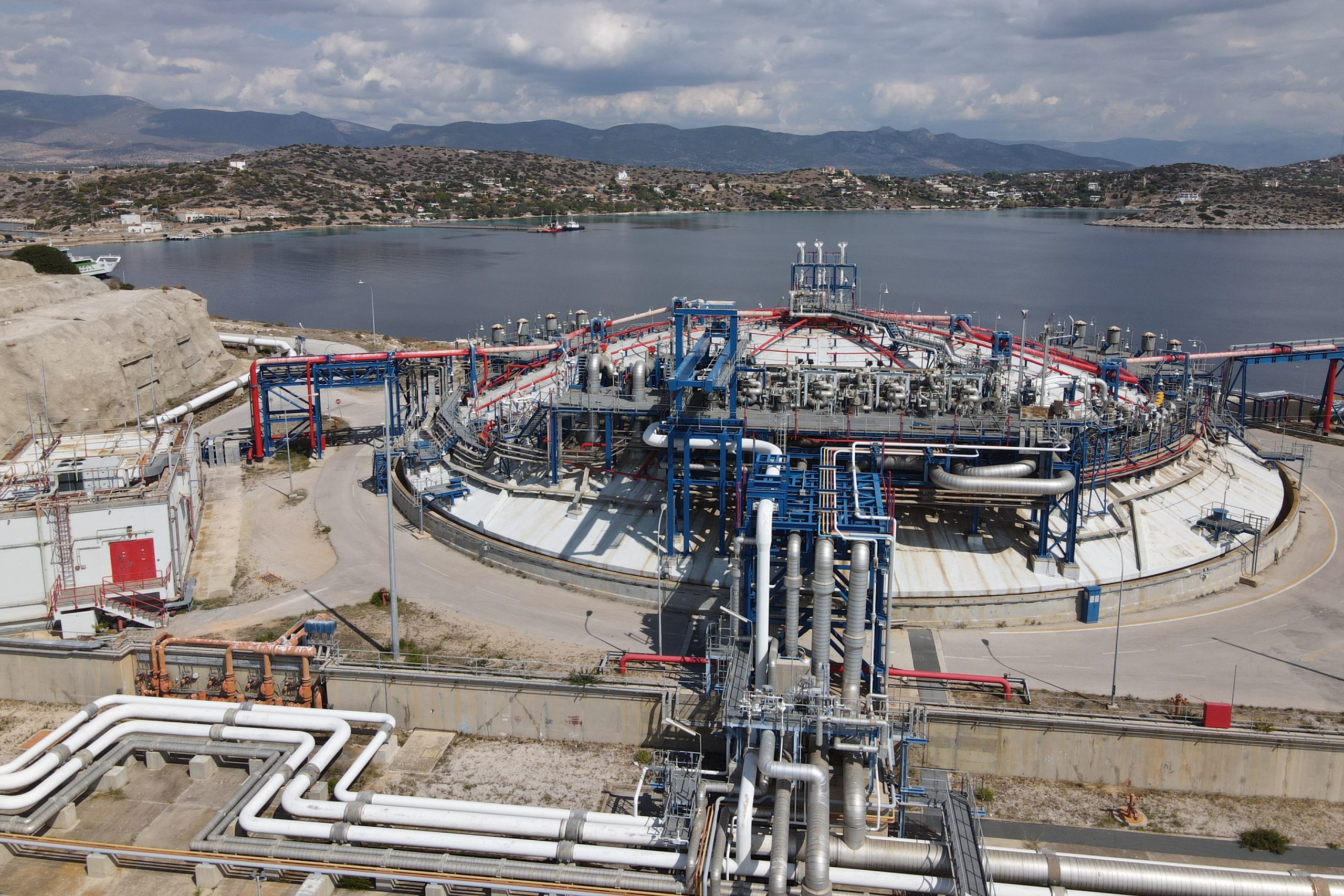
The Liquefied Natural Gas (LNG) terminal in Revythousa is mentioned in a report by CNBC, the only receiving station for storage and liquefaction of fossil fuel in Greece.
As pointed out in the report, from the winter of 2022/23 Europe is entering a new phase in terms of energy, as Russian gas supplies are now absent. Supplies on which Europe was inextricably dependent in order to meet its energy needs.
This dependence of Europe on Russia has meant that the ability to store LNG supplies on European soil is very limited. With these data, Europe must move towards a new era, where it will be able to become energy independent without the risk of facing shortages.
And if for the winter we are going through the natural gas storage capacity of the European countries has been covered by 95%, nothing can ensure that this can happen indefinitely if the necessary infrastructures for storage and liquefaction of natural gas are not in place.
In this context, the American network was at the Revythousa terminal, wanting to have a clear picture of its capabilities, noting that it will play an important role in Europe’s energy sufficiency.
According to the manager of the facility, Aristotelis Nastos, the Revythousa station can receive cargo by sea. The LNG is then liquefied and becomes gaseous. Then, through pipelines, it spreads to the network of Greece, but also to nearby European countries.
The invasion of Russia and the energy crisis have changed the situation in Revythousa. Under normal conditions we received supplies from 4 to 5 tankers a month, and after the war in Ukraine this number has increased to 10 cargoes a month, notes Mr. Nastos.
According to him, the volume of LNG liquefaction has also increased, as from 800 metric tons per hour the station now operates at its highest levels of around 1,400 metric tons per hour.
In the same report, Greek Energy Minister Kostas Skrekas statesd that Europe is making great efforts to cover the loss of Russian natural gas. In this context, Greece is going to become the main artery for receiving LNG cargoes for Southeast Europe, however, time is needed to complete the construction of the necessary infrastructure.
CNBC reports that the addition of the new FSU (no natural gas liquefaction) unit at Revythoussa will boost the terminal’s production capacity by 70%.
In closing, Mr. Skrekas stated that the infrastructures that every European country wants to build must clearly be environmentally friendly. Greece wants such infrastructures and possibly the ones we are building now to be used later for the use of hydrogen for example, the Minister concluded
Latest News

Chevron Confirms Eyeing Natural Gas Exploration South of Crete
Chevron recently declared its intent to explore a third area, south of the Peloponnese.

Evangelos Marinakis: A time of change from which shipping can benefit
Speaking at the 19th Annual Capital Link International Shipping Forum Evangelos Marinakis stressed the challenges that shipping faces today

Retail Trade in Greece Up 2.5% in December 2024: ELSTAT
In January 2025, the General Turnover Index recorded a 2.5% increase compared to January 2024. Compared to December 2024, it recorded a significant decline of 18.4%

Greek Fruit and Vegetable Exports Surge
Greek exporters have expressed concerns over a new draft law in Bulgaria that mandates at least 50% of products in stores to be of Bulgarian origin.

Trump Tower in Greece? Speculation Grows Over Potential Investment
In 2007, the Trump Organization explored the possibility of constructing a skyscraper complex and casino at the former Ellinikon Airport site in Athens
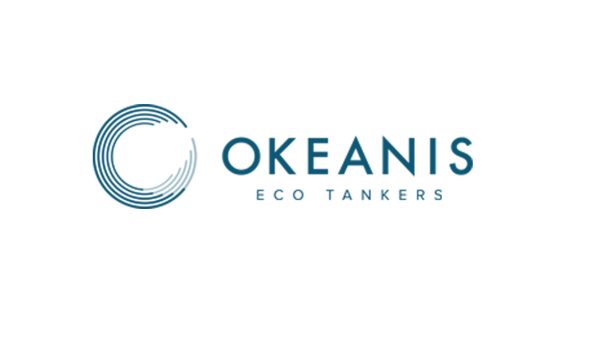
Was Aristidis Alafouzos, CEO of Okeanis Eco Tankers, cheering over extra earnings from carrying ‘sanctioned’ Russian oil?
Okeanis CEO Aristidis Alafouzos tried to give assurances that the company was not carrying sanctioned Russian oil - Recently published data point to the opposite

Tax Filing in Greece Surpasses Expectations
Taxpayers who submit their returns by April 30 will benefit from an increased tax discount of 4% if they opt for a lump-sum payment by July 31, 2025

Evangelos Marinakis: Proud of Diaspora Greeks, ‘Who’re All Together, United’
Marinakis, an Honorary Grand Marshal of the 86th Greek Independence Parade on Sunday, was touched by his contacts in New York City with members of the Greek-American community, where he spoke fondly of the Diaspora: ‘Twice as Greek, Twice over as Olympiacos fans'

Stirring 86th Greek Independence Day Parade Down 5th Ave. Evangelos Marinakis an Honorary Grand Marshal
According to NYPD sources, the 2025 parade is expected to be one of the biggest in recent memory, with some 120 groups with 52 floats and 15 marching bands paraded from 64th to 79th streets along renowned Fifth Avenue
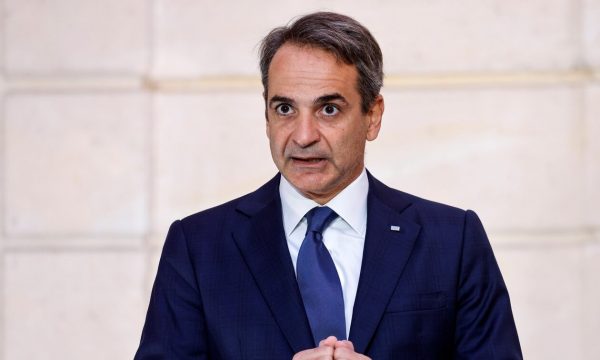
PM Mitsotakis Highlights Chevron’s Interest in Greek EEZ in Weekly Review
“The interest from Chevron is important because a leading American multinational chooses to invest in Greek maritime plots, thus practically recognizing Greece's EEZ in the area,” the prime minister said.










![Τουρκία: Μεγάλες βλέψεις για παραγωγή ηλεκτρικών οχημάτων [γράφημα]](https://www.ot.gr/wp-content/uploads/2025/03/ot_turkish_autos-90x90.png)






![Ξενοδοχεία: «Τσίμπησαν» οι τιμές το 2024 – Πόσο κόστισε η διανυκτέρευση [πίνακας]](https://www.ot.gr/wp-content/uploads/2025/03/hotels-90x90.jpg)





![ΕΛΣΤΑΤ: Αυξήθηκε η οικοδομική δραστηριότητα κατά 15,6% το Δεκέμβριο [πίνακες]](https://www.ot.gr/wp-content/uploads/2025/03/DSC9655-2-1024x569-1-90x90.jpg)







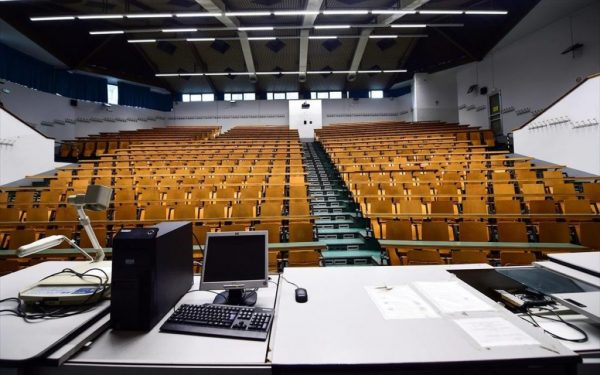

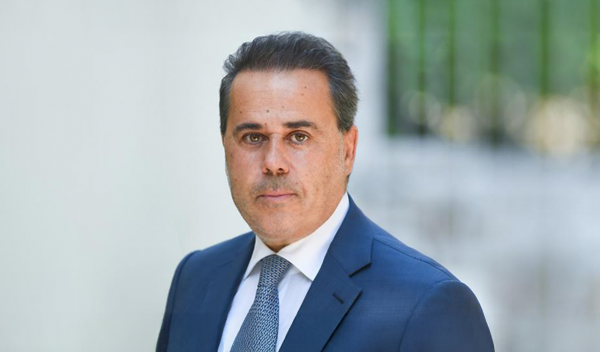


![Κομφούζιο: Από 14 Απριλίου 2025 οι αιτήσεις στήριξης – Τα ποσά και οι δικαιούχοι [πίνακας]](https://www.ot.gr/wp-content/uploads/2025/04/komfouzio-600x391.jpg)

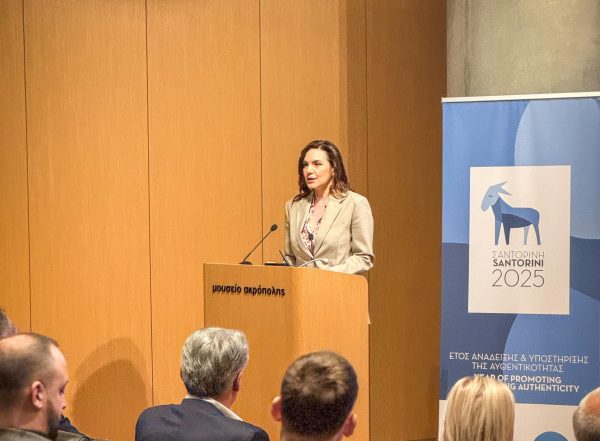


 Αριθμός Πιστοποίησης
Αριθμός Πιστοποίησης